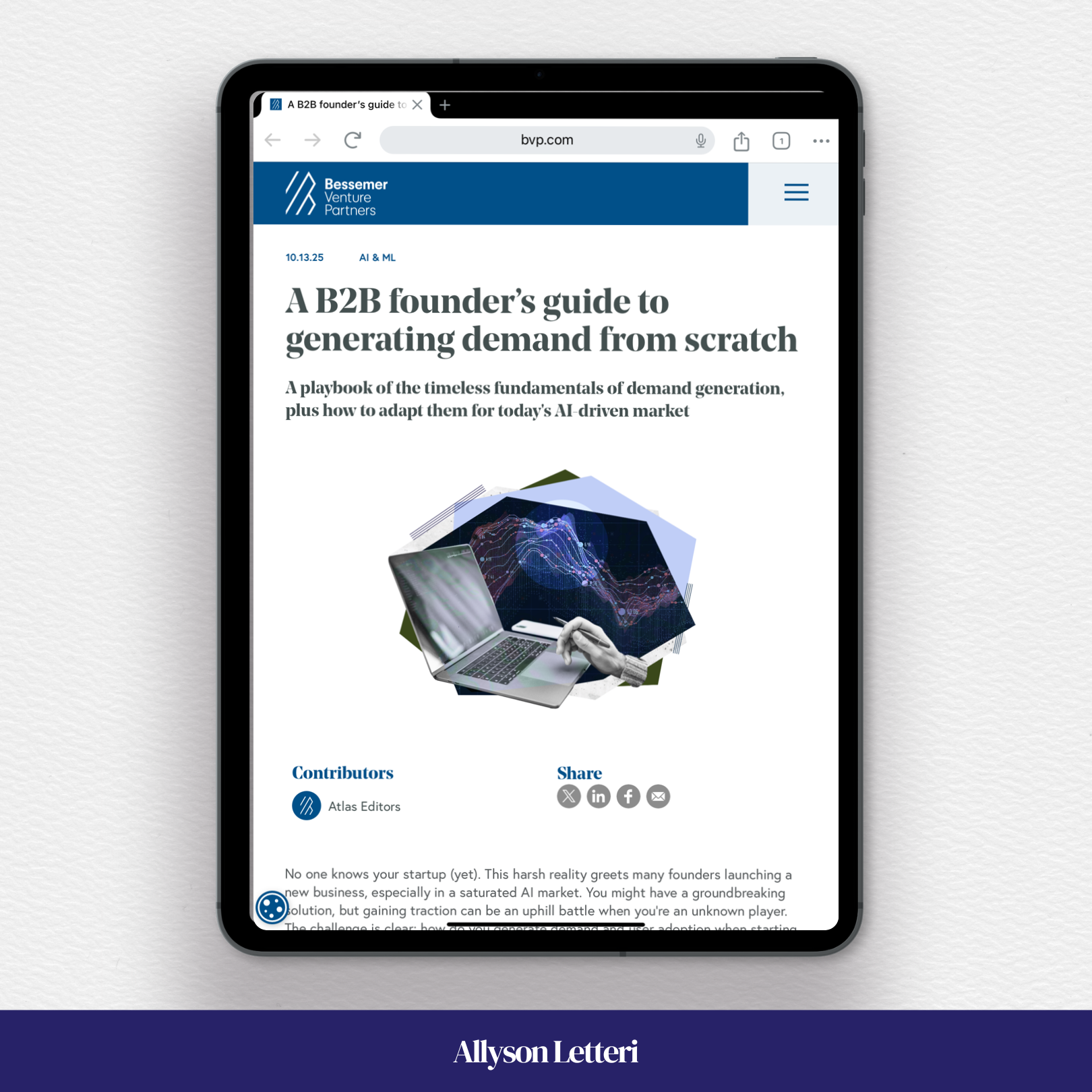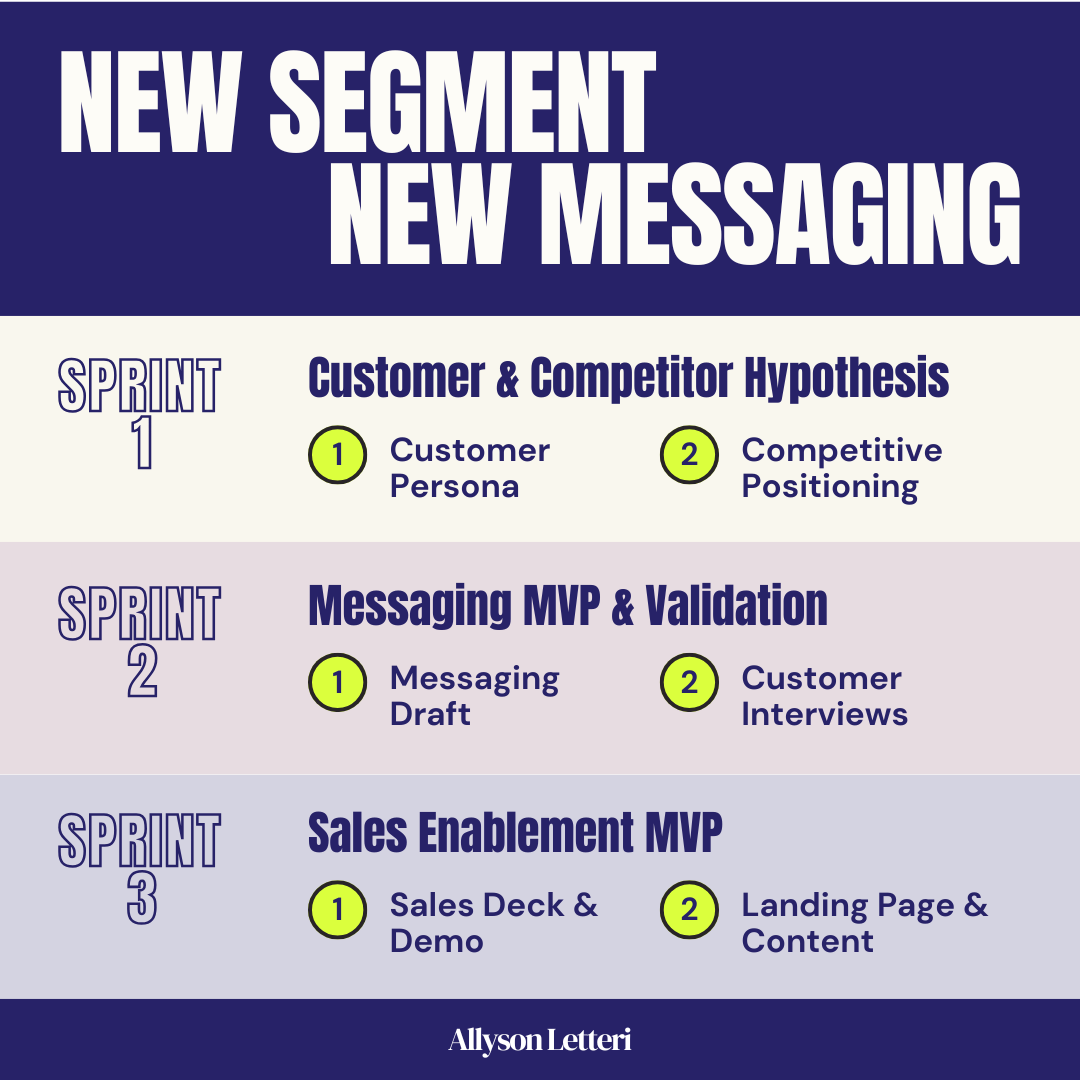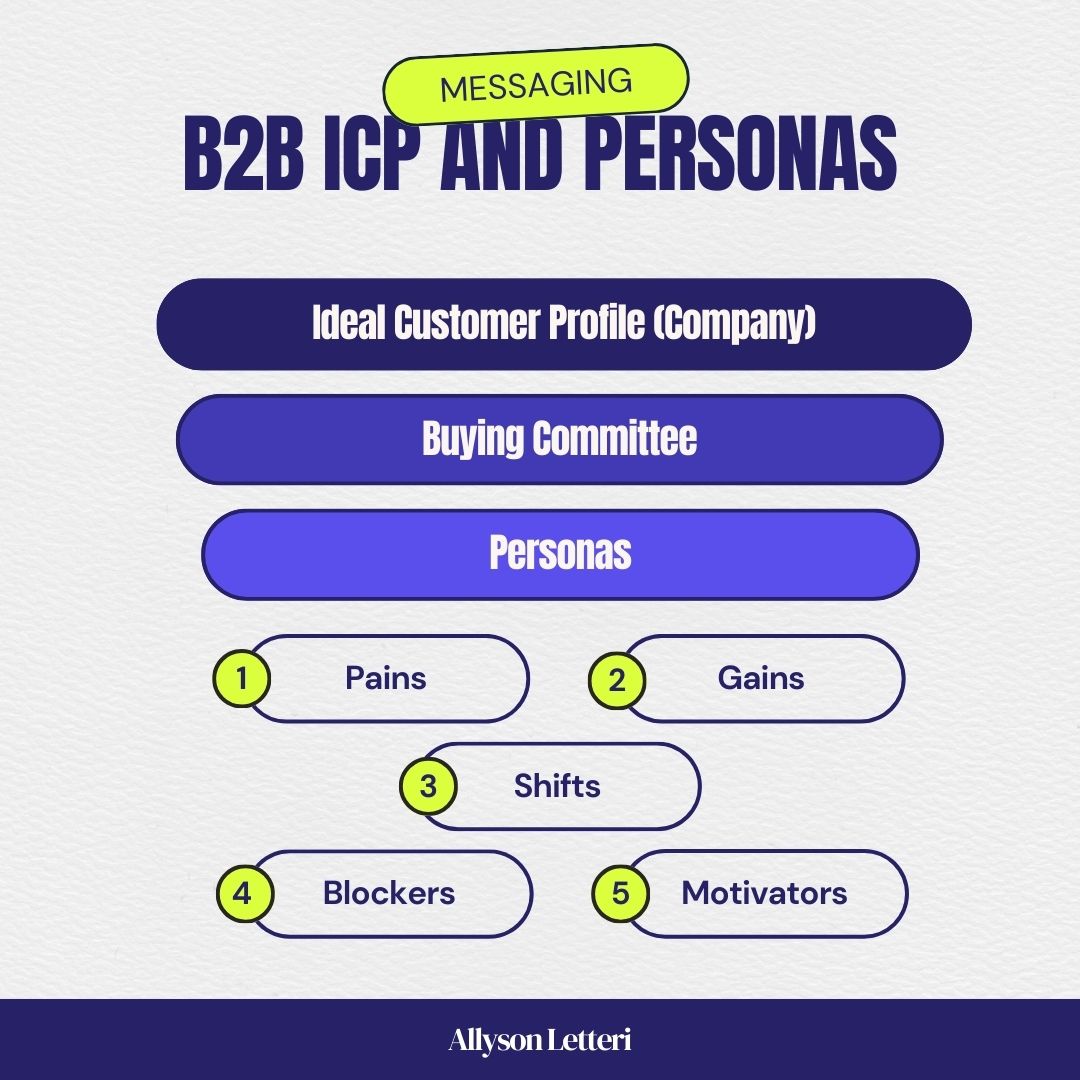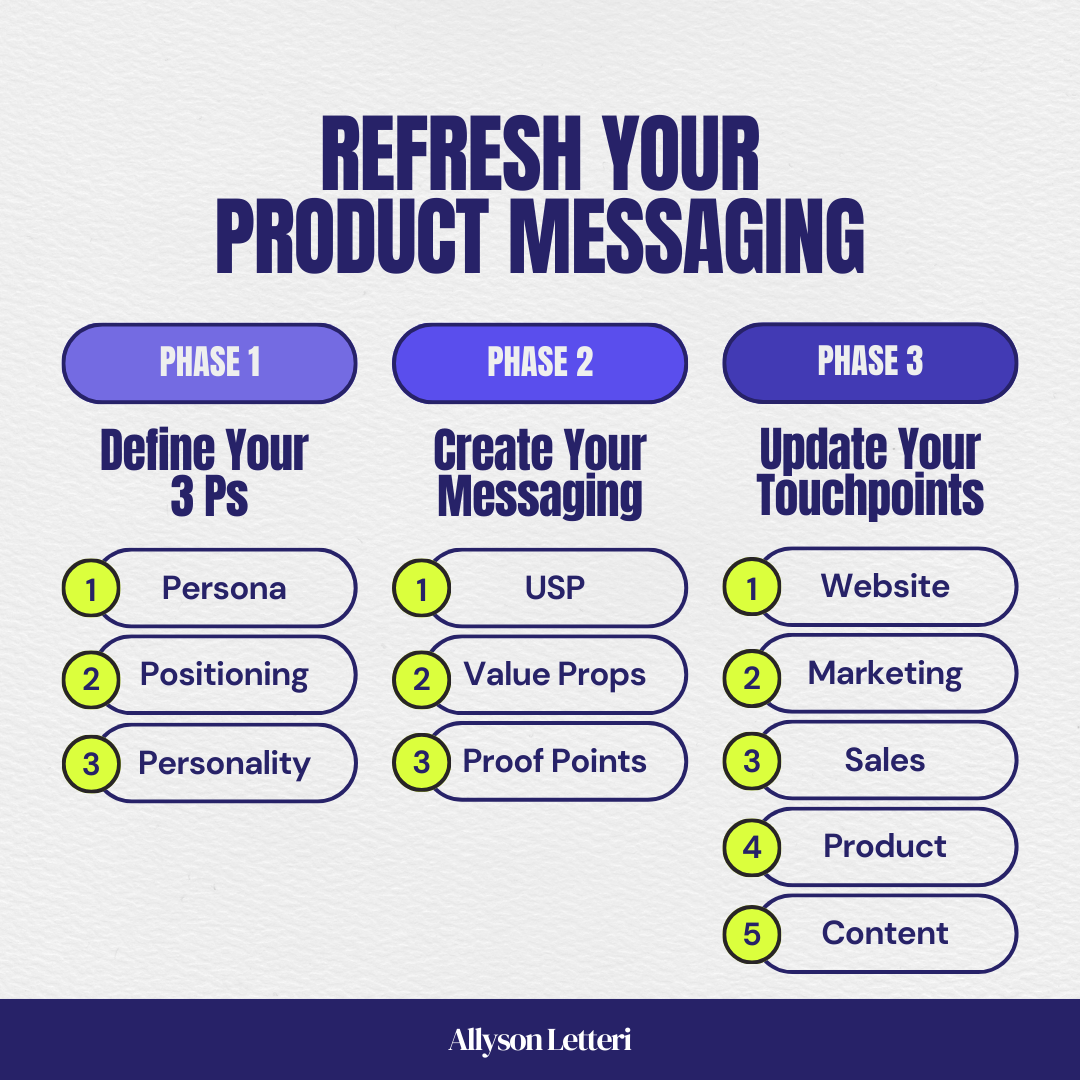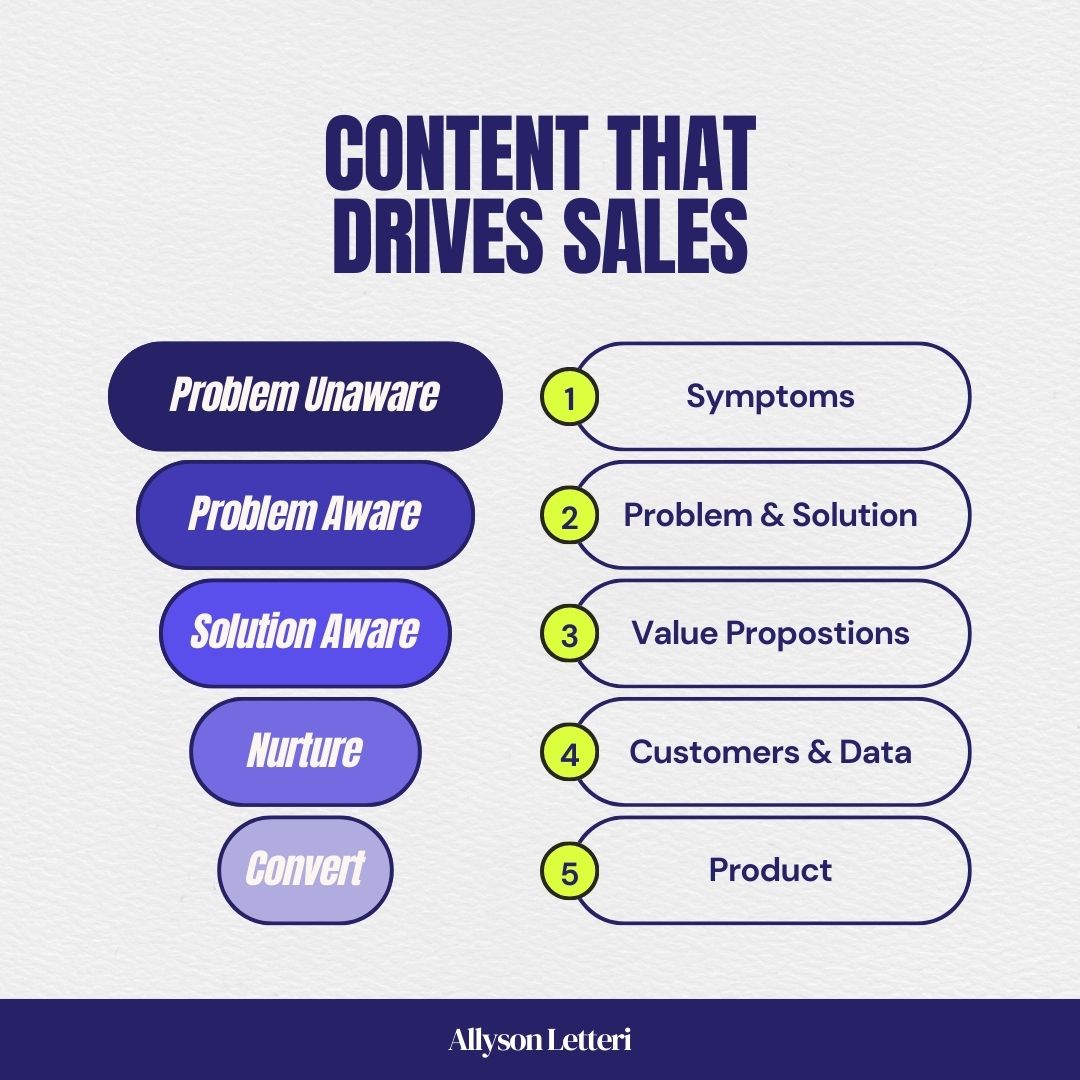First CMO = Founder
Most B2B founders don’t realize it right away: you’re not just building product and closing sales, you’re also leading marketing. In fact, you’re the first CMO of your startup.
That role may feel unexpected, but it’s a huge advantage as you find product-market fit and drive early growth. You know the market better than anyone. You see customer pain points, competitive gaps, and the possibilities your product unlocks.
Founders who embrace marketing early generate faster momentum and growth. Here are five actions to help you succeed at being the first CMO and turn marketing into a true growth engine.
👉 Want more? Read the original article here: B2B Founder as First CMO: Three Secrets to Ace the Role
1. You’re Already Leading Marketing…Now Learn How-To
Most founders know they’re wearing hats like Head of Product, Sales, or Engineering in the early days. What they often don’t see is that every customer conversation, LinkedIn post, or investor pitch shapes their company’s marketing.
You already have the raw material to guide your startup’s growth story. Recognizing that you’re playing the Head of Marketing role enables you to transition from accidental marketing to intentional marketing.
That shift changes everything. You’ll sharpen your startup’s story, generate leads beyond your immediate network, and give your sales team a much stronger foundation.
👉 Why it matters: You don’t need a marketing background to do this well. You already have credibility, customer insight, and vision. With the right frameworks, you can channel those strengths into a repeatable system that drives early growth.
2. Messaging Is Your Most Valuable Sales Tool
A common frustration: “Prospects just don’t understand why our product is the best option.” This is often not a sales problem. It’s a messaging problem! The strongest founder-CMOs solve this with three building blocks:
- Persona: Define exactly who you’re selling to and what matters most to them. Clarify their urgent pain points, desired outcomes, and likely objections.
- Positioning: Show how your product is different and better than alternatives. Make it clear why you’re the best fit.
- Personality: Create a brand voice that resonates. Are you authoritative, approachable, or bold? A clear tone helps your product stand out and builds emotional connection.
These “3 Ps” give you the insights to create a strong messaging framework. That includes a crisp USP elevator pitch, three compelling value propositions, and proof points that validate your claims. This framework feeds your homepage, sales deck, and content themes.
📌 Founder example: Pedro Pachuca, CEO of Advex AI, realized their homepage leaned too heavily on technical features. By shifting to ROI-driven messaging (how Advex reduces downtime, improves vision accuracy, and accelerates time-to-value) he spoke directly to customer outcomes. That clarity helped Advex generate a stronger pipeline.
👉 Takeaway: Messaging isn’t just copywriting. It’s the foundation for sales, demand generation, and brand-building. Nail it early and you’ll see faster growth across the board.
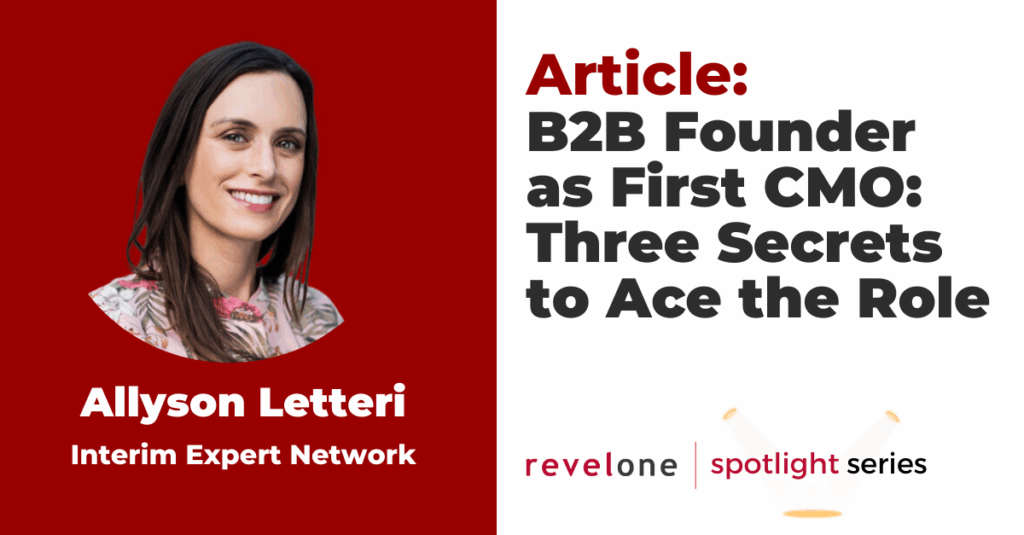
3. Don’t Send Leads Into a Dead-End Journey
Many startups think marketing equals lead generation. They focus on ads, outbound, or events to fill the top of the funnel. But if your mid-funnel experience isn’t strong, prospects have nothing to evaluate or trust. They reach a dead-end: the only next step is a sales call, and they’re not ready.
Prospects want to research and understand your product before talking to sales. Your website should speak directly to your primary persona with a clear USP, value props, proof points, and calls-to-action. You also need content, like case studies, articles, short videos, or webinars, that answer questions and build trust. Without these assets, even interested prospects drift away.
Earned media is another powerful tool. Podcast appearances, guest articles, and speaking opportunities expand reach and credibility. Each placement becomes an evergreen asset that nurtures prospects and reinforces social proof.
📌 Founder example: Shelby Breger, Co-founder of Conduit Tech, knew HVAC professionals needed proof that her LiDAR-powered platform delivered results. She invested in creating customer testimonials, leading webinars, and guesting on podcasts. These assets built credibility and helped Conduit attract warmer leads. This increased sales conversion.
👉 Takeaway: Before pouring energy into acquisition, strengthen the middle of your funnel. Create a “content capsule ” that convinces, educates, and qualifies. That’s how awareness turns sales conversations, customers, and revenue.
4. Founder-Led Brand Building Is a Growth Asset
In the early days, your most powerful marketing channel isn’t an ad; it’s you. Prospects, partners, and investors want to hear directly from the founder. Sharing your expertise and vision gives your company credibility that’s hard to replicate.
- Pick one or two platforms where your customers spend time, often LinkedIn or another relevant community.
- Post consistently about industry insights, customer learnings, and behind-the-scenes takeaways. A steady cadence shows thought leadership, builds visibility, and sparks conversations.
- Repurpose content: a case study, podcast guest episode, or a guide each become (1) a blog article (2) a LinkedIn post (3) a newsletter module (4) maybe even a webinar topic. This builds awareness and trust with fewer resources.
📌 Founder example: Srikanth Narayan, CEO of Cache, launched an exchange fund—a financial solution few prospects understood. He shared educational content on LinkedIn, building credibility and generating inbound interest. When Cache announced their next funding round, his established voice helped secure additional press and podcast coverage, amplifying the news.
👉 Takeaway: Don’t underestimate the impact of your founder visibility. Publishing, speaking, and sharing insights consistently make you the face of your company, accelerating awareness and interest.
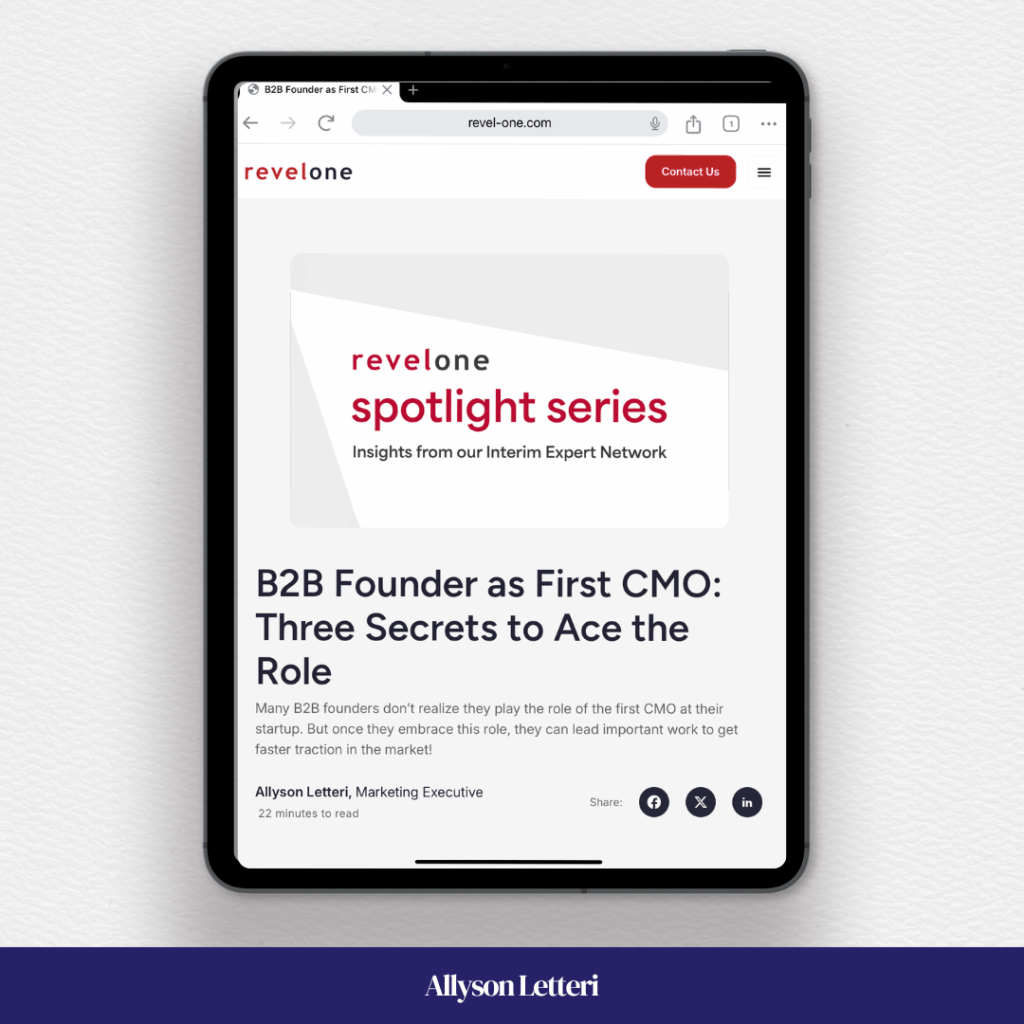
5. Know When to Hire and Delegate
At some point, the founder-CMO role becomes too big to handle alone. That’s often a sign of product-market fit and growth. Knowing which roles to hand off is key to scaling effectively. Here’s who to hire:
- Product Marketing: For sharper messaging, sales enablement, and launches.
- Demand Generation Manager: For pipeline growth and acquisition.
- Content Marketer: For a steady stream of content to fuel your demand generation, social reach, and earned media.
The right hire depends on where your growth engine needs help most. What matters is that you understand marketing well enough to scope the role and guide your new team member.
👉 Takeaway: Your role isn’t to be CMO forever. You set the foundation and build the team that drives your growth engine. The work you do today secures early customer momentum and prepares you to scale effectively.
Ace The Role: Founder as CMO
As a founder, you’re uniquely positioned to drive early marketing. You have the vision, market insight, and credibility. As CMO you need to:
- Sharpen your messaging
- Strengthen your funnel
- Amplify your founder voice (to build the company’s brand)
- Hire the right team at the right time
This approach will help you gain early momentum and set your company up for lasting growth.
👉 Read the full original article for examples, frameworks, and step-by-step playbooks: B2B Founder as First CMO: Three Secrets to Ace the Role

